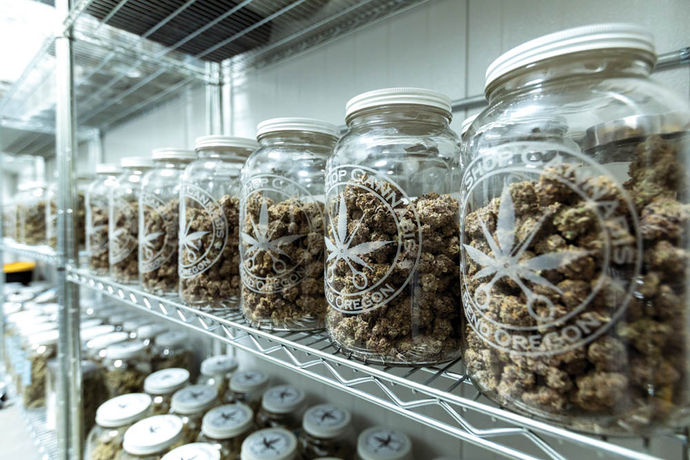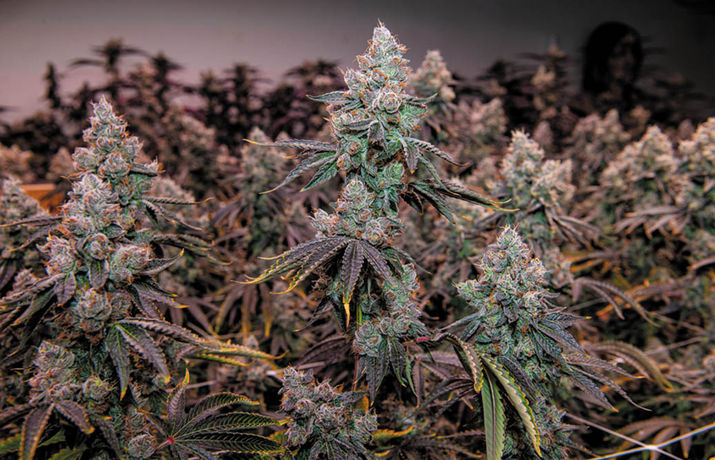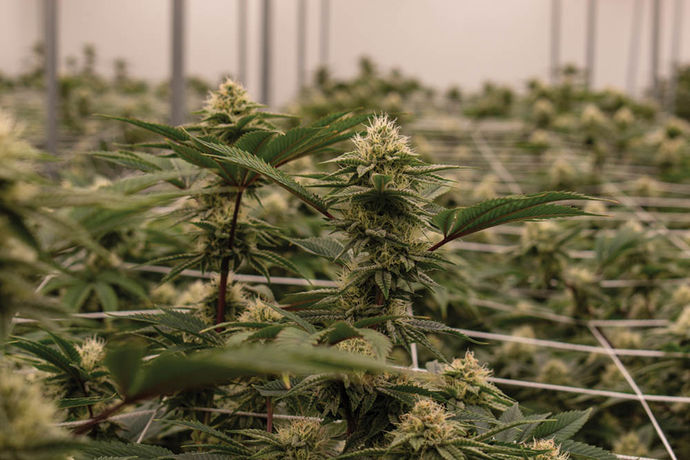Lazy Bee Gardens is located in the Methow Valley near Winthrop, where beautiful scenery and hot summers have created an ideal environment for greenhouse Cannabis production. Growing in living soil with organic practices, Lazy Bee is known for clean and flavorful Cannabis that is both award-winning and all-natural. We sat down with Owner and Manager Matthew Frigone Bernhard to share his passion for pheno hunting, growing with the sun, and his hopes for the future of sustainable agriculture for Cannabis and food production.
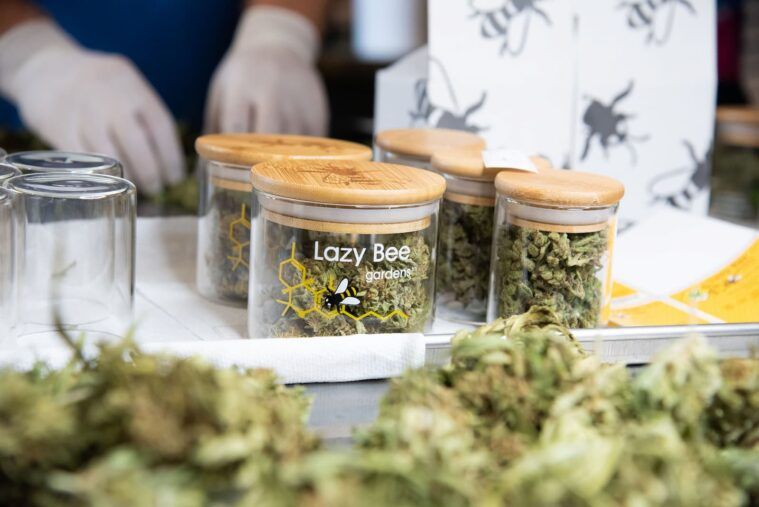
What inspired you to grow Cannabis outdoors?
I started growing medically around 2007, originally because my Pop’s was diagnosed with thyroid cancer. We were making Rick Simpson Oil for him, which is the whole reason I started growing. Back then as medical patients, we could grow outside in the garden and luckily my Mom’s veggie plot had incredible soil for our garden. Our first plant was eight feet tall and put out a pound! Since we weren’t selling it and were focused on growing economically and organically, it made sense to grow outside – and once I knew how well the sun could work, I got more into utilizing it.
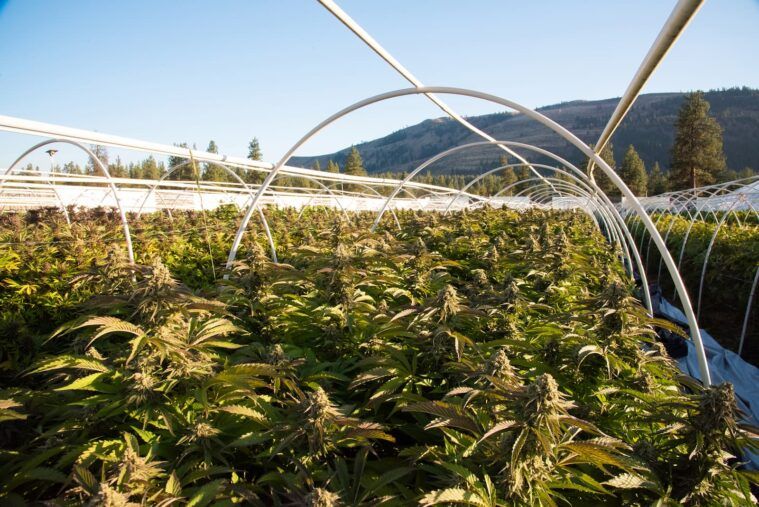
Why is sustainable agriculture important for both Cannabis and the world’s food production?
I believe it’s important for longevity. We cannot continue on the same path indefinitely. The sooner we get to regenerative farming, the sooner the world will be in a much better spot for future generations. I’ve been operating under a no-till system with living-soil practices, where we use the same soil and add organic amendments, and it started with learning about food production in the Midwest. Our modern agriculture with salt-based fertilizers and mono-cropping is leading to another dust bowl. Whether it’s veggies or Cannabis, growing organic is better for the planet and mankind, and when you utilize natural systems, the process can continue indefinitely – just like the forest, where nobody tills or fertilizes. With this process our living soil has actually gotten better each year, and there’s so much less waste.
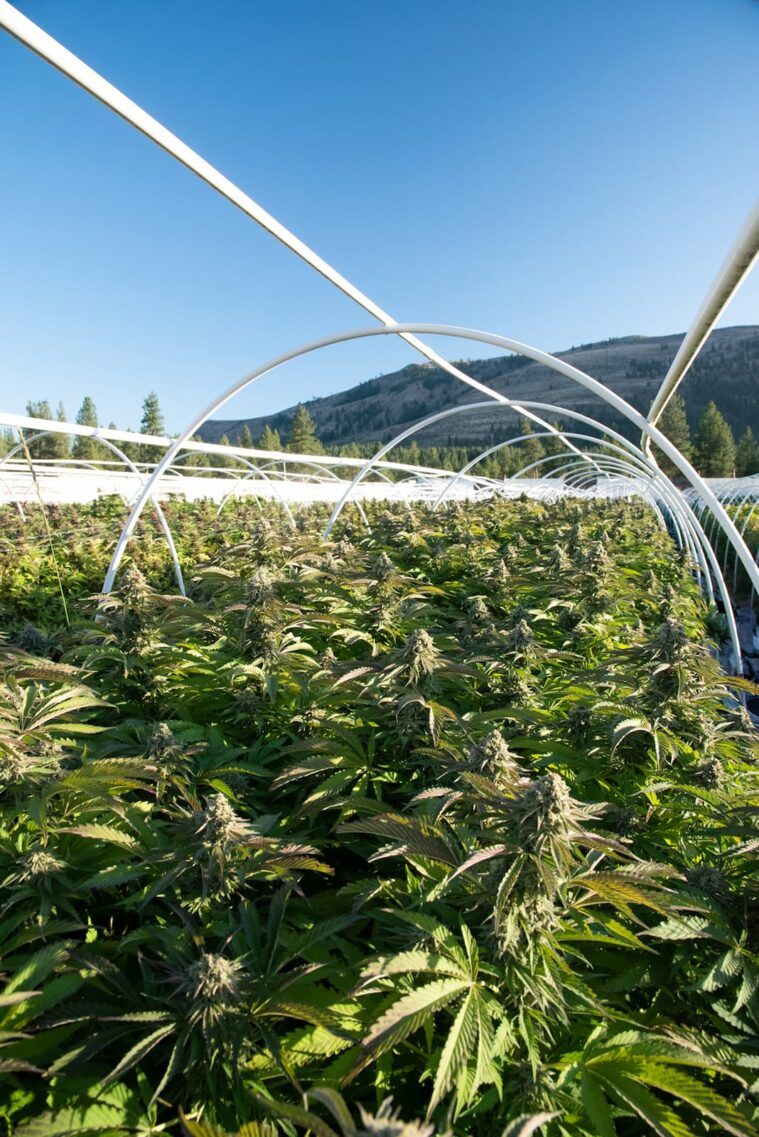
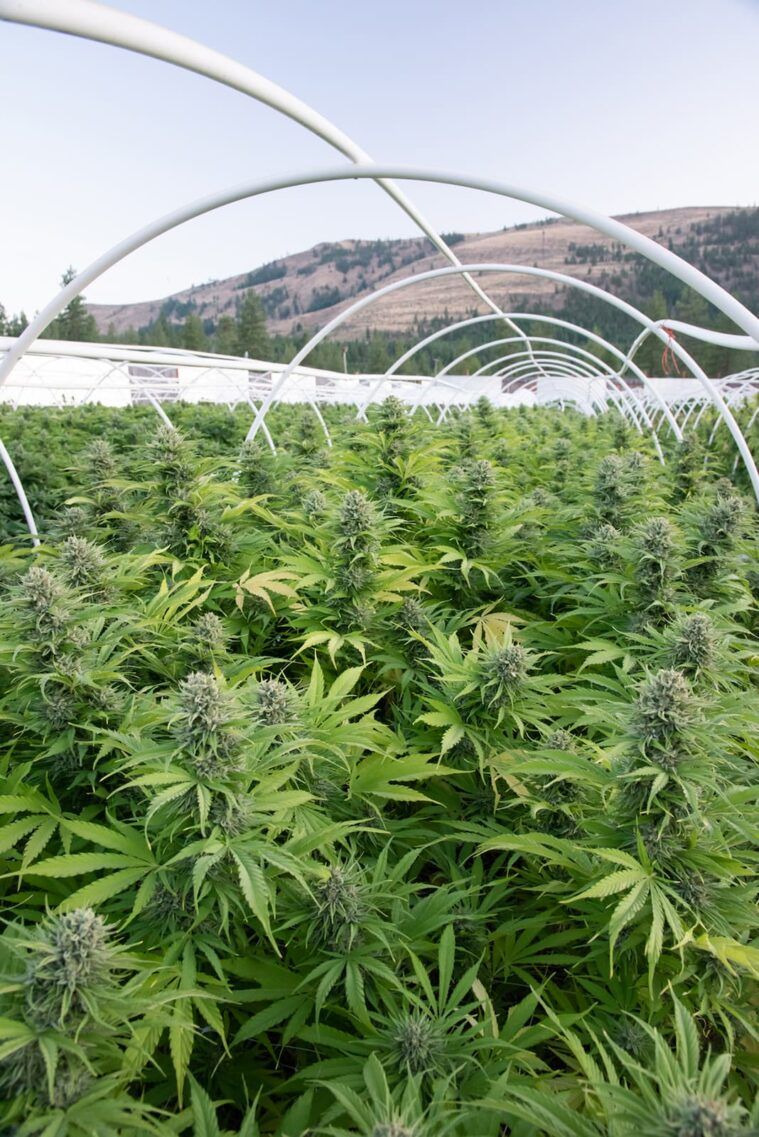
Explain what it means to grow Cannabis organically without the certification since it isn’t available due to federal regulations.
We actually are Clean Green Certified, which is basically the same thing but for Cannabis. It’s the exact same protocols as the USDA Organic program, but you can’t say that. I think it’s bullcrap that we can’t use the name, that we can’t use the designation. It’s a strange thing to have a classification as federally controlled and not be able to use it because Cannabis is still federally illegal.
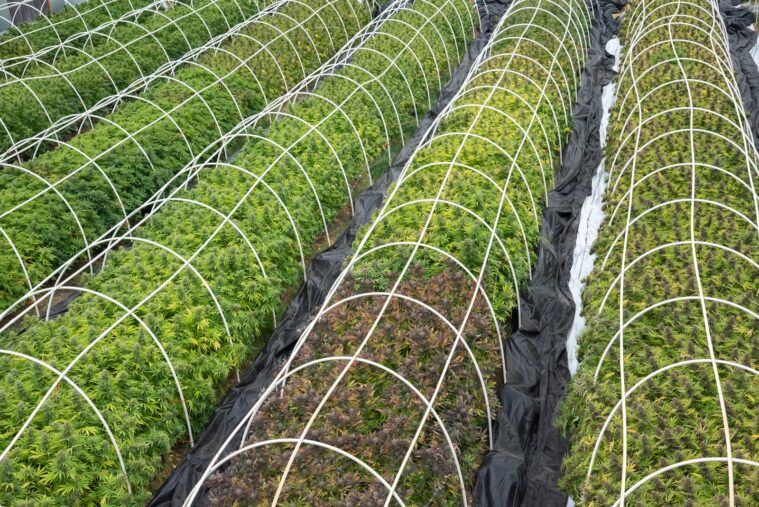
What is your favorite part of growing Cannabis?
I’m definitely a stinky weed person, I judge Cannabis on smell almost exclusively and love finding and creating new strains. We do a large pheno hunt every year – hunting beans, and I’m really close to having lines that I can release. Getting to smell hundreds of plants with different expressions and choosing which one is best is really enjoyable. Going from 300 seeds to five keepers is what has kept my interest alive and makes growing fun. I grow whatever I feel will be the best weed. And we grow sativas that indoor farmers won’t – and let them grow for as long as they need.
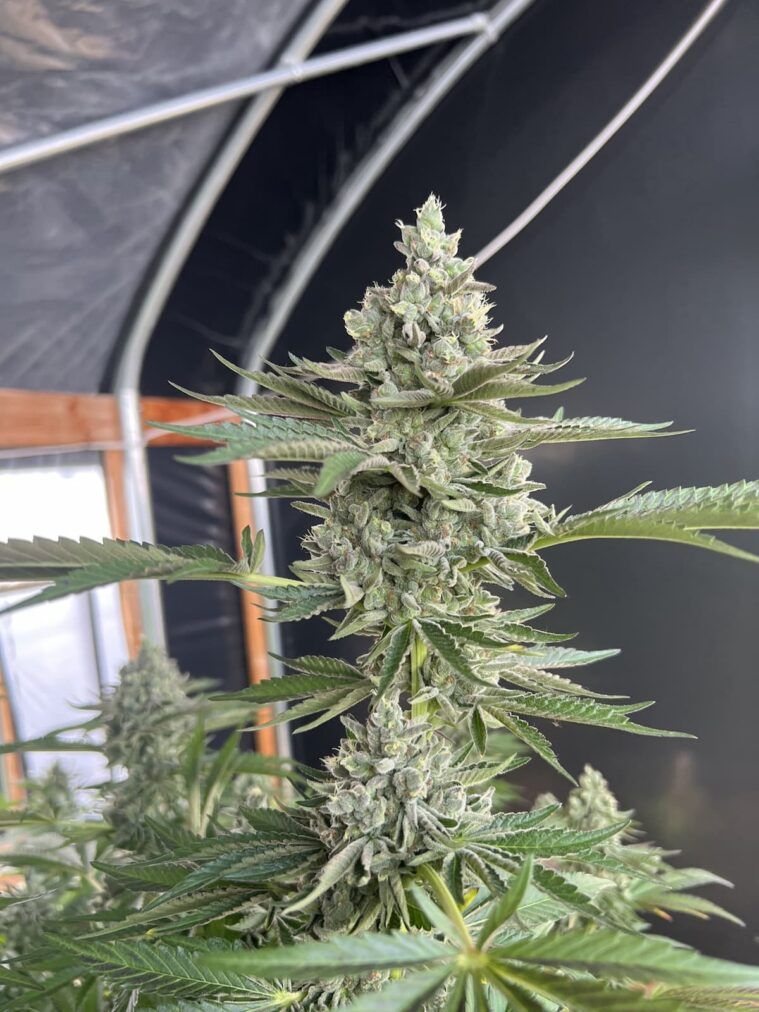
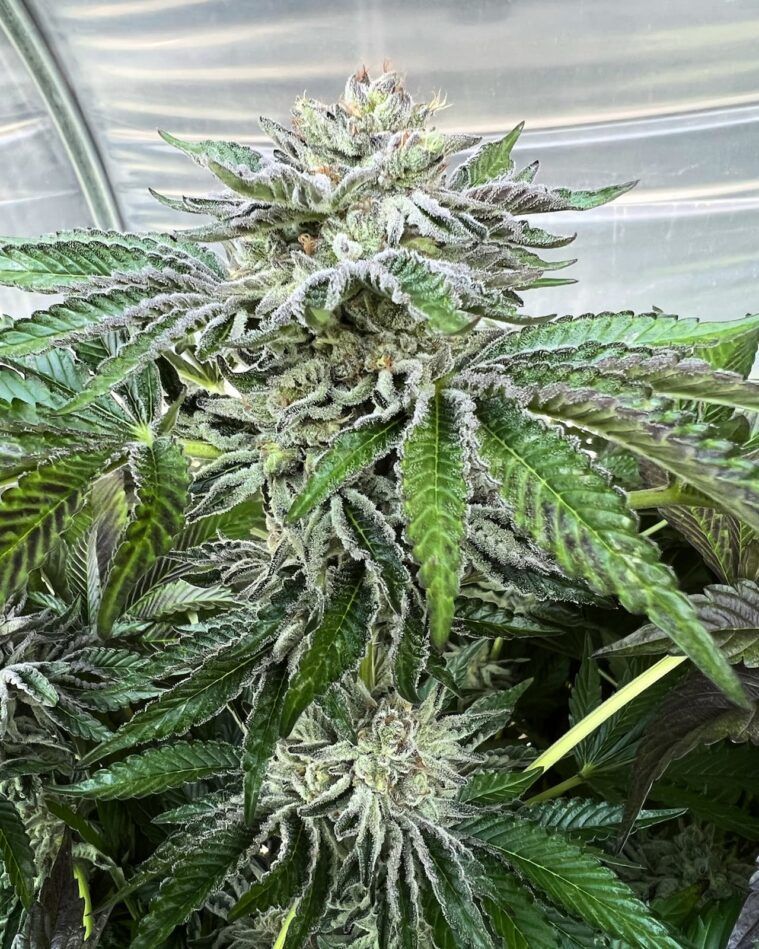
What’s your message to people who haven’t tried sungrown Cannabis?
I’d love to see more farmers and consumers embrace sungrown and not look down [on it]. I’d love to see more high-end outdoor so people can have a better perception. A farming-related challenge is that sungrown is garbage, which can be a true or false statement about any method of growing. I want to prove to our consumers that we can have clean Cannabis that tastes naturally like the unique traits of the plant. Once you discover great outdoor weed, the real question is: Why not grow with the sun? The terpene profiles are very robust – which makes for flavorful weed.
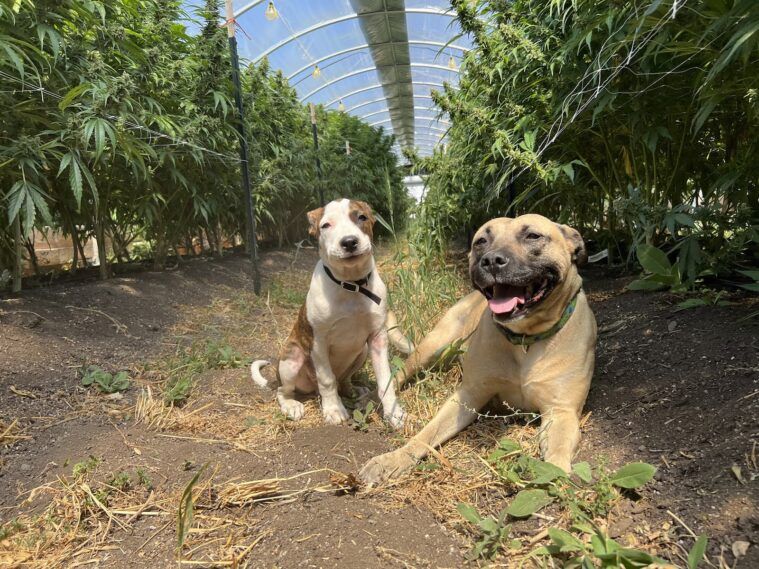
What are your hopes for the future of sungrown Cannabis?
It would be wonderful to see a direct-to-consumer model like wineries, where we could have tasting rooms and pot tours. Everyone who is growing craft weed now is doing it because they love growing, not because they’re getting rich. If you are still doing this right now, it’s because you love weed … and it would be special to share that with consumers who love Cannabis as much as we do.


